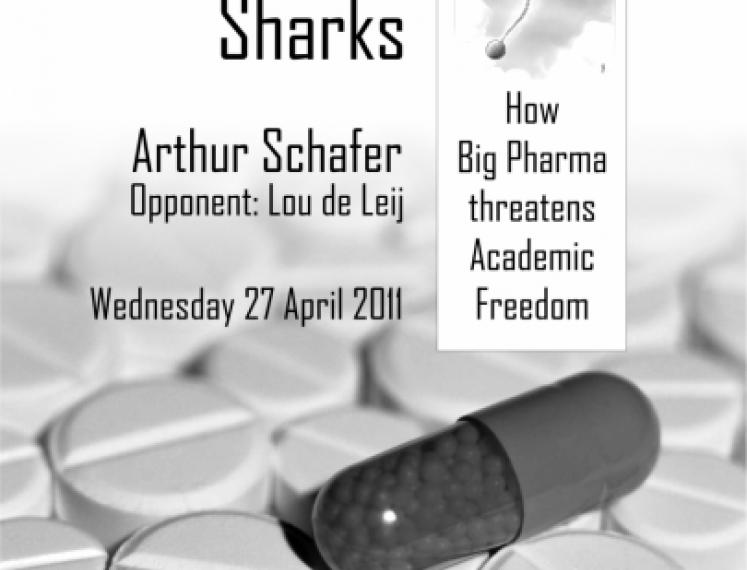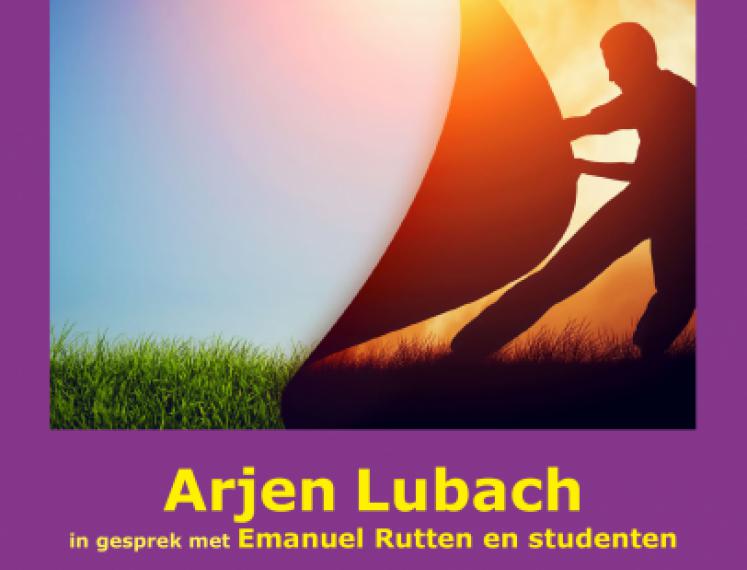Swimming with Sharks
Over the past three decades, as governments have retreated from funding biomedical research, the pharmaceutical industry has stepped in to fill the vacuum. Corporate funding of university science has resulted in a profound loss of research integrity.
This should not surprise us. The fundamental commitment of university research is to seek truth. The fundamental commitment of Big Pharma is to make money for their shareholders. The ethical problem is one of conflict-of-interest. When the drug industry funds medical research that research tends to be heavily biased in favour of the sponsors’ products. Sadly, much of the current biomedical literature should properly be viewed as marketing rather than as science.
Arguably, the gravest current threat to academic freedom arises from the growing commercialization of university research. As Thorsten Veblen warned almost a century ago, “the intrusion of business principles in the universities goes to weaken and retard the pursuit of learning, and therefore to defeat the ends for which a university is maintained.”
Universities are the one institution in contemporary society that claims as our mission the quest to advance knowledge in a fearlessly independent manner, even when the questions we raise or the answers we discover may provoke and disturb powerful elites and wealthy interests.
How can these academic ideals be protected when biomedical scientists swim with sharks in a sea of corporate sponsorships? We need nothing less than an outright ban on corporate funding of university research, according to the Canadian philosopher Arthur Schafer. Dancing with porcupines is a hazardous activity; but swimming with sharks is likely to be fatal.
Professor Arthur Schafer is Director of the Centre for Professional and Applied Ethics, at the University of Manitoba. He is also a Full Professor in the Department of Philosophy. Schafer has published widely in the fields of moral, social and political philosophy.
Professor Lou de Leij is vice-dean (research) of he UMCG. He is Professor in Medical Biology, Dean of Graduate Schools University of Groningen and a member of the Executive Board of Topinstitute Pharma. He will defend the view that industrial and academic interests could match and create synergy if properly regulated.
Scholars at Risk is an international network of institutions and individuals working to promote academic freedom and to defend the human rights of scholars worldwide. More information: www.rug.nl/internationalrelations under Development Cooperation.



